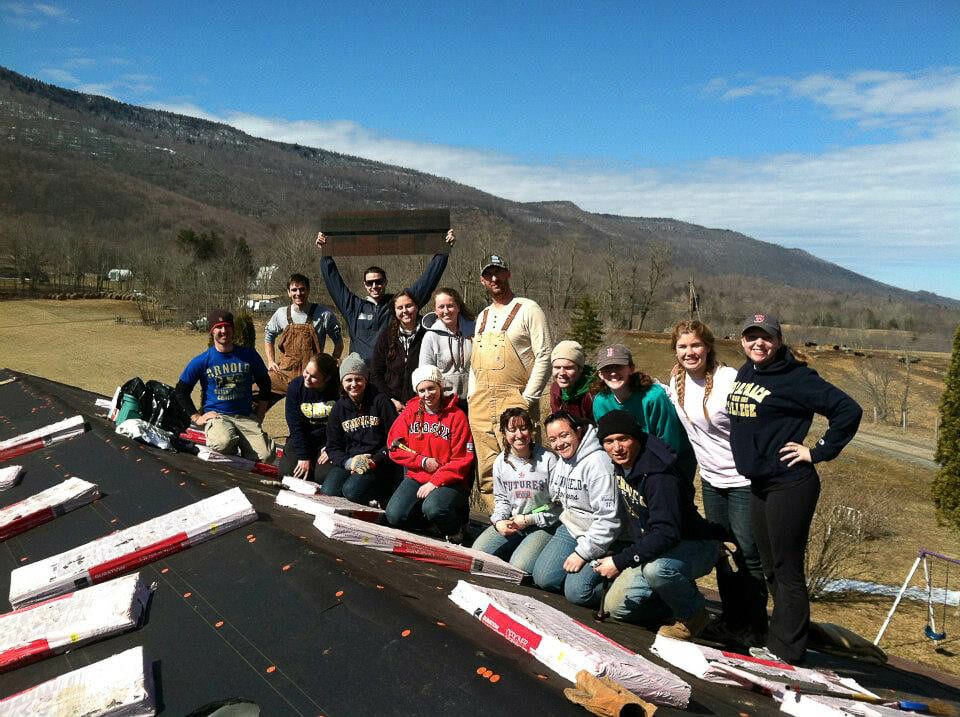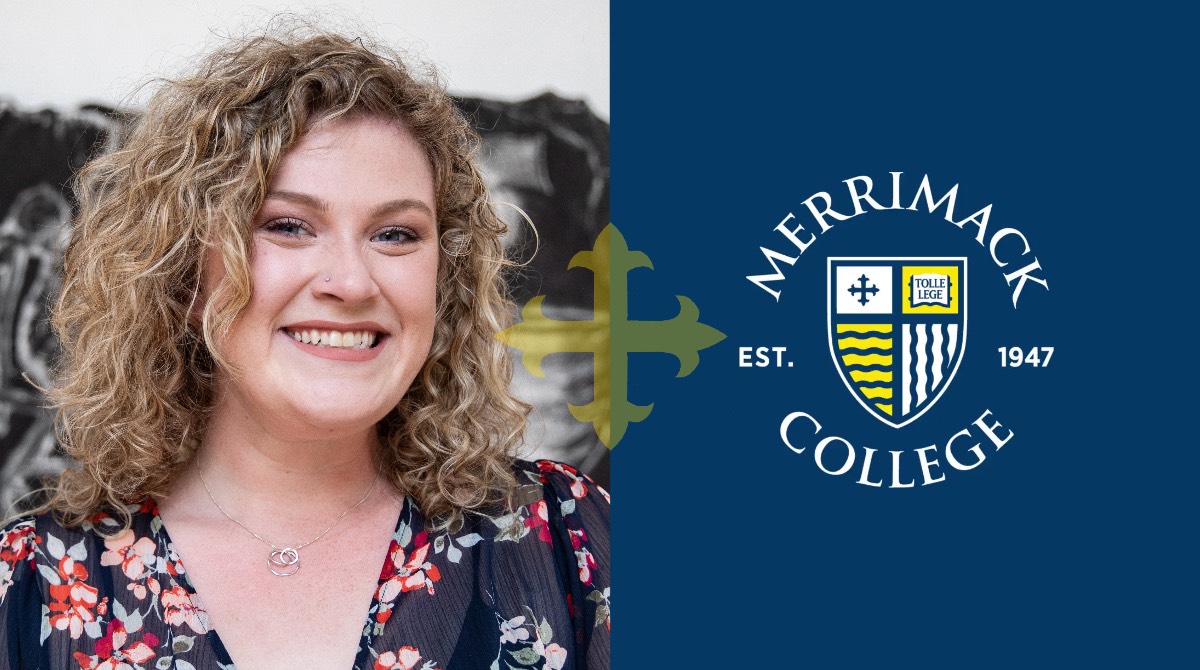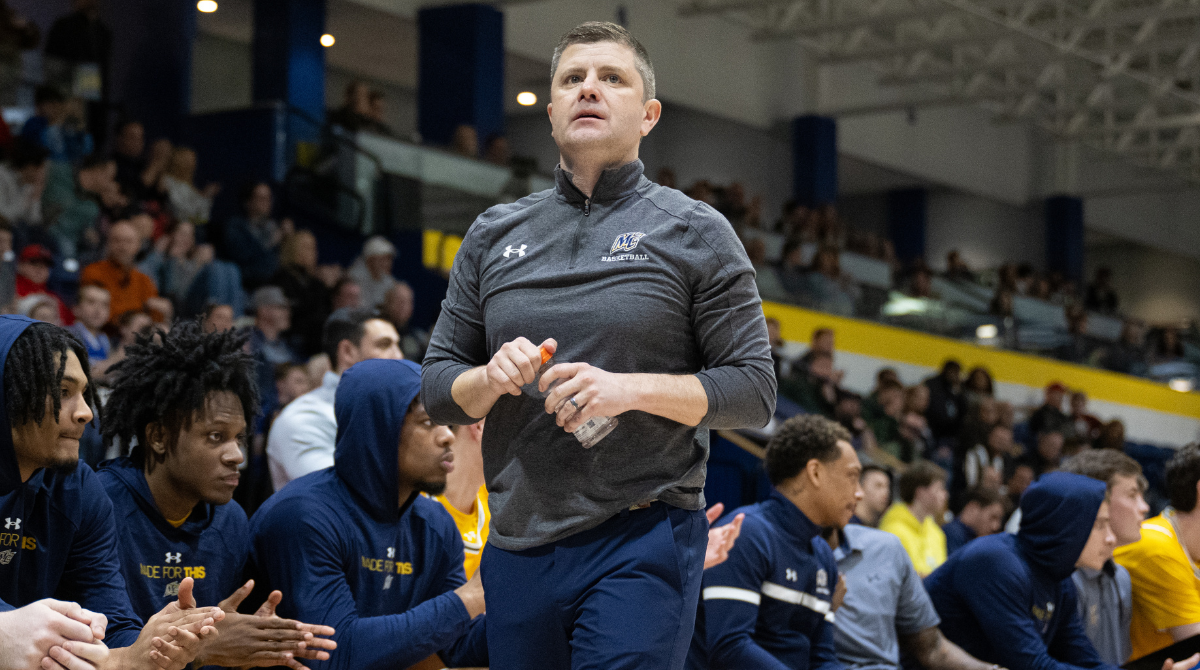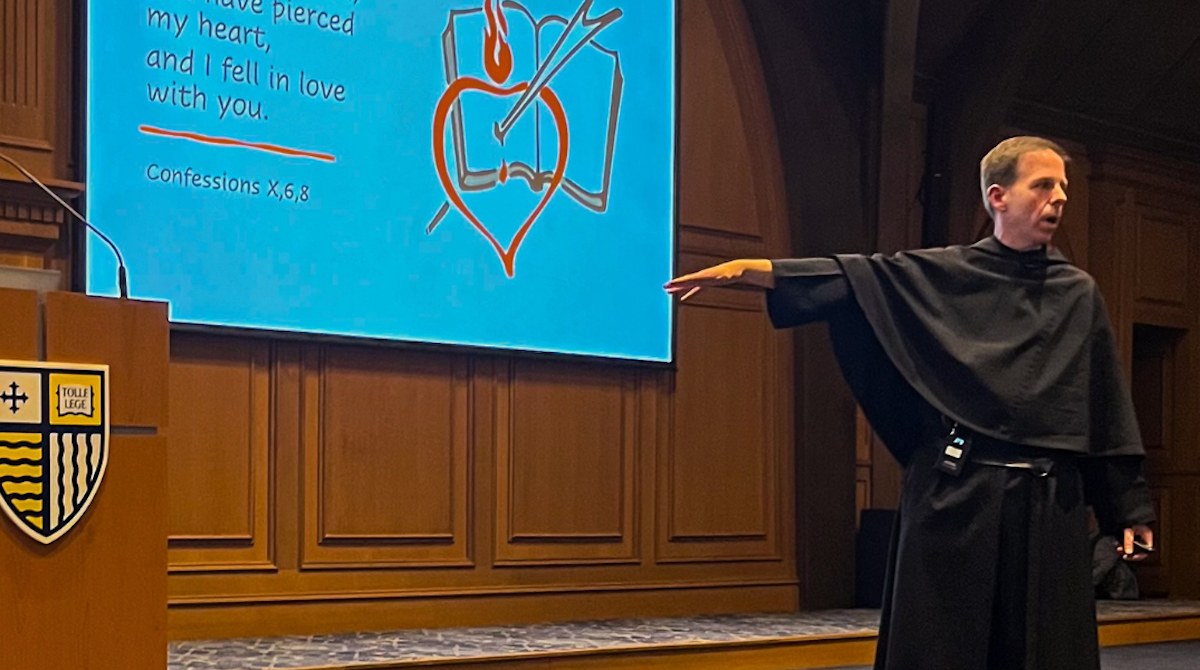The volunteers are working in four urban areas, including the Bronx, N.Y., Camden, N.J., Baltimore and New Orleans; and two rural areas around Salem, W.Va., and Greenbrier County, W.Va.
“I am really excited. I can’t believe it’s already here,” said Annie McDonnell ’16. “I’m excited to do something a little bit different.”
Alternative Spring Break is intended to have students do good while moving them outside their comfort zones, have them meet new people and expand their views of the world. The experience is built on the pillars of service to others, community building, simple living and reflection.
Alternative spring and winter breaks are rooted in the idea that God can be experienced by serving others and being present to their needs, whether building housing or simply listening to the stories of underprivileged people they meet, said campus minister Jeff Wallace.
The work at each of the service sites will be unique to itself, even among students working at Habitat for Humanity, Wallace said. New Orleans will be more new construction work, but students working with Habitat for Humanity at Nazareth Farm in Salem will be doing more renovation work.
“Even though they are both Habitat for Humanity experiences, they are very different experiences,” Wallace said.
Students in the Bronx will be working with English language learners. Baltimore volunteers will work with Catholic Charities. Students in Camden will work with Romero Center Ministries.
Campus Ministry got more volunteers than it had room to accommodate on the trips, so student leaders such as McDonnell interviewed the applicants and gave their recommendations to Wallace, who in turn left the final decision to the Rev. Keith Hollis, O.S.A.
“Campus Ministry is very conscious of the fact the ministries are growing, and we’re evaluating our programs to accommodate more student in the future,” Wallace said.





